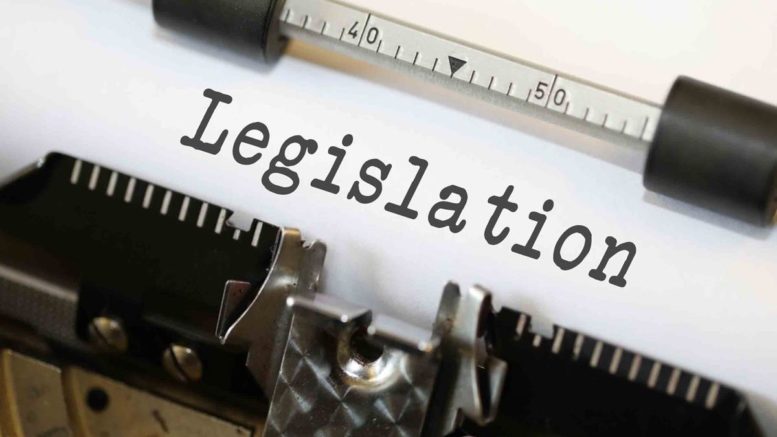There are some years which seem to be dominated by changes in landlord legislation and 2018 seems to be one of those years. Some of these have been talked about for a long time and landlords have had time to prepare, but others seem to have been sneaked in. The main landlord legislation changes are listed below.
Energy Efficiency Standards
From 1st April 2018 properties that are rented out in the private rented sector will need a minimum energy performance rating of E on an EPC certificate. The new rules cover all new lets from that date and will be extended to all tenancies from 1st April 2020.
HMO room size regulations
Research has found that 16 per cent of landlords rent to people in HMOs, and though some has been to a reasonable size standard, it is this portion of the sector that has been seen in the past to have the poorest size standards, so legislation that will improve this is to be welcomed.
From October 2018, a minimum space standard will be introduced for bedrooms in Houses in Multiple Occupation. Rooms to accommodate one person must be a minimum of 6.51 square metres; for 2 persons, it must be a minimum of 10.22 square metres; rooms to accommodate a child under 10 years old must be at least 4.64 square metres.
The HMO licence must specify the maximum number of people resident in the property. Landlords who do not comply with the new requirements could face a fine of £30,000, though landlords of existing properties will have 18 months to make any changes to allow compliance.
GDPR
From 25th May, General Data Protection Regulations will be introduced to replace the Data Protection Act. From that date, landlords will have to ensure that their businesses are GDPR compliant. A data protection policy is needed, together with a privacy notice for customers. A new change is that registering with the Information Commissioners Office will become a statutory requirement.
Extension of mandatory HMO licensing
An extension of mandatory HMO licensing will come into force from 1st October 2018. The reason will always be that this will raise standards, but the private landlord’s view will be that it is the revenue it raises that be of most concern to the local authority.
Banning Orders
Banning orders will be introduced on 6th April with the intention of tackling criminal landlords and agents. The Housing and Planning Act 2016 introduced banning orders; an individual convicted of certain offences can be barred from renting out properties for a minimum of one year. Could the penalties be avoided by transferring ownership to a partner? However, the changes will now impact all tenancies, including those that were established BEFORE 1st October 2015.
Extension of Section 21
October sees the extension of Section 21 which were implemented by the Deregulation Act. Section 21 was changed and applied to all tenancies or renewals that started on or after October 1st, 2015.
All landlords are legally required to supply their tenants with the ‘prescribed documents’ of gas safety certificate, tenancy deposit protection information, energy performance certificate, tenancy agreement and the government document ‘How to Rent’ before the start of the tenancy. As this has been required procedure for some time, it seems unnecessary to further legislate.
Gas Safety
There will be some flexibility for Landlords around dates of annual gas safety checks.
Landlords will be able to make compulsory checks any time in the two months leading up to the renewal date. This means that, if the check was due on May 31, the check could be carried out any time in April or May and still retains the 31st May renewal date for future renewals. This may be helpful for landlords who find it more convenient to have their full portfolio of property checked at the same time.
In summary, there is plenty of landlord legislation changes for private landlords to think about this year and some will struggle to keep out of trouble. Check with local authority accreditation schemes and landlord associations for any training that is available to ensure that you are able to implement any landlord legislation changes required, and your reputation as a landlord remains unblemished.
For advice on buy to let issues – General Knowledge









Be the first to comment on "Changes in Landlord Legislation for this Year"